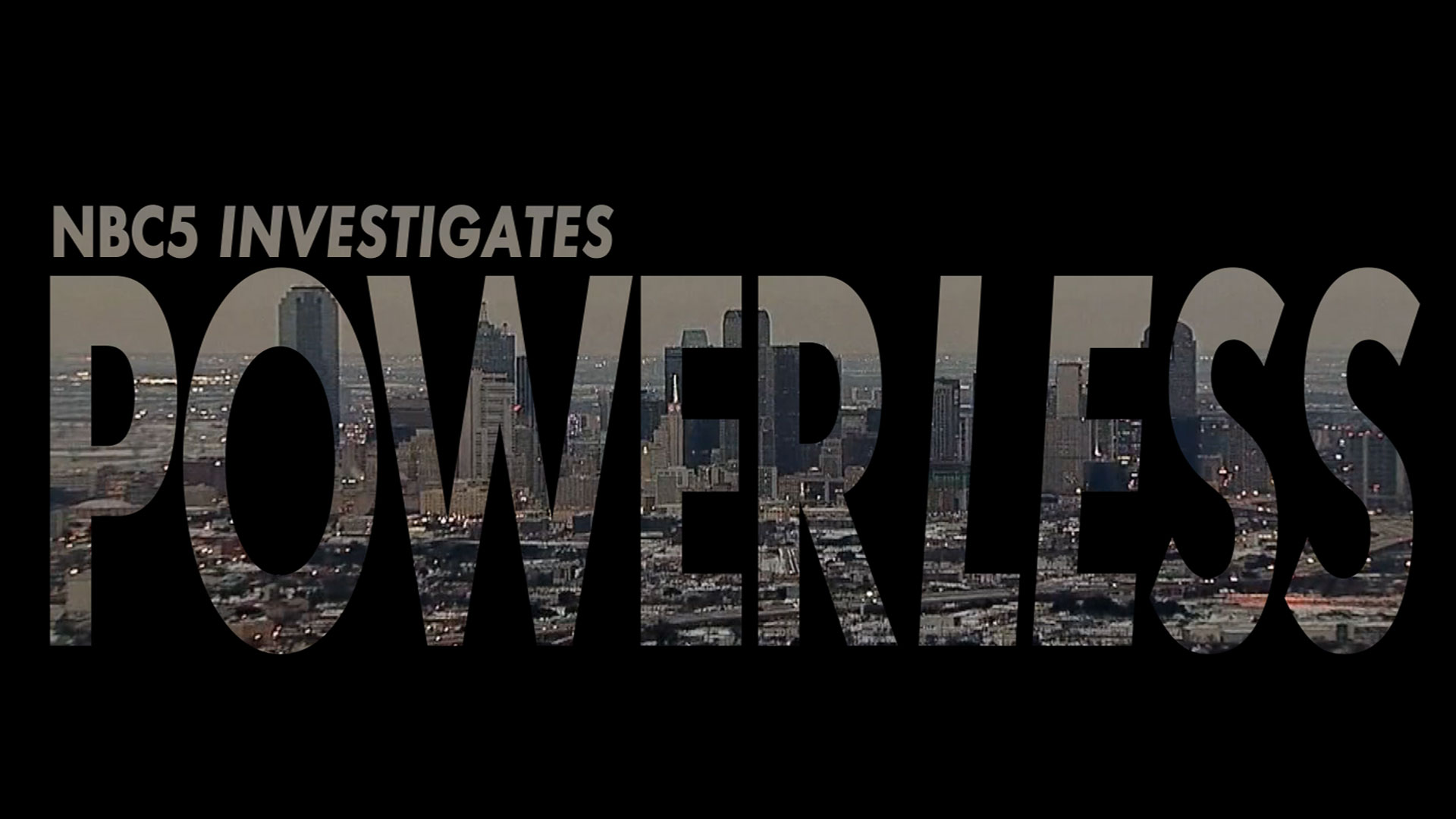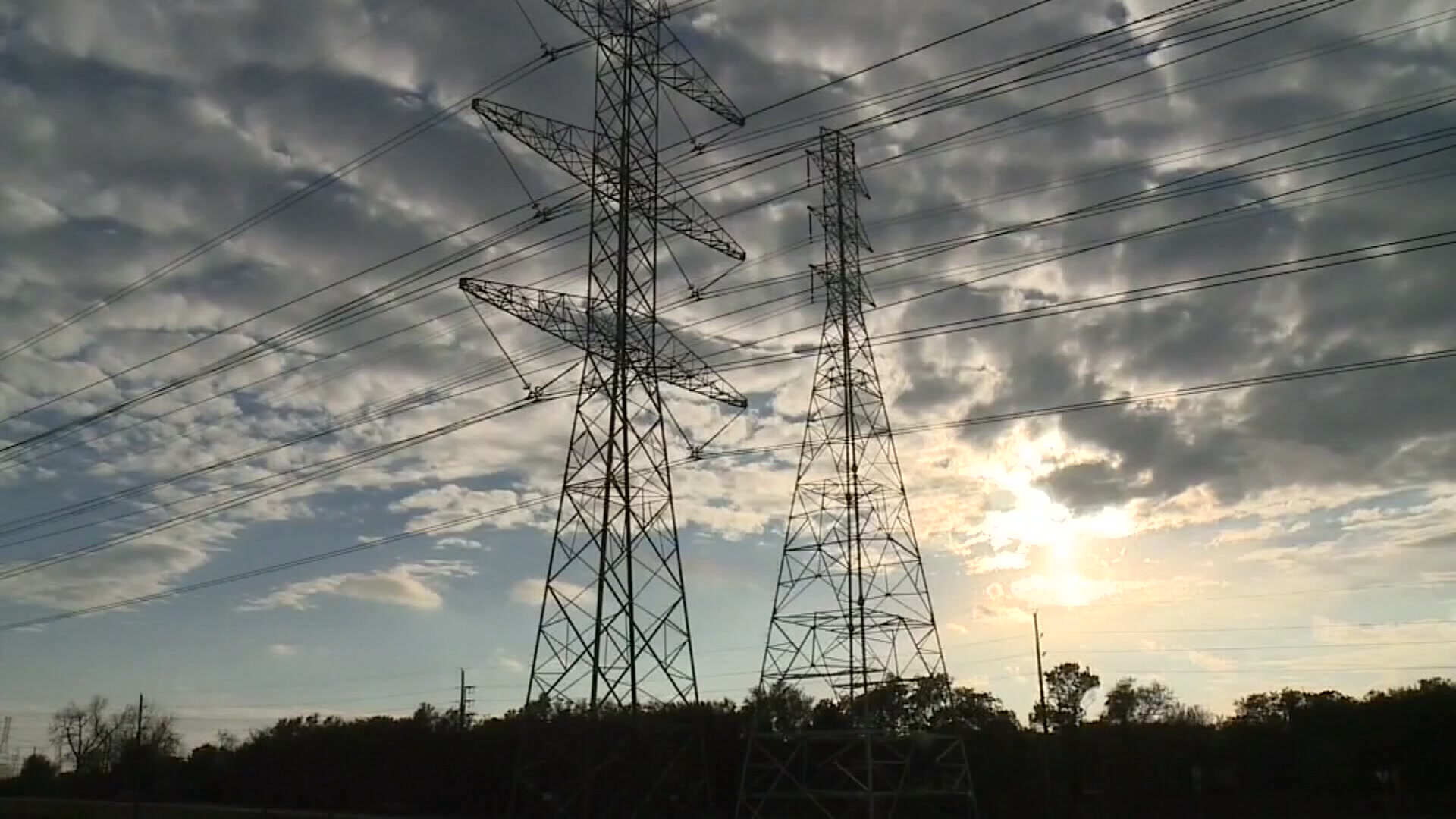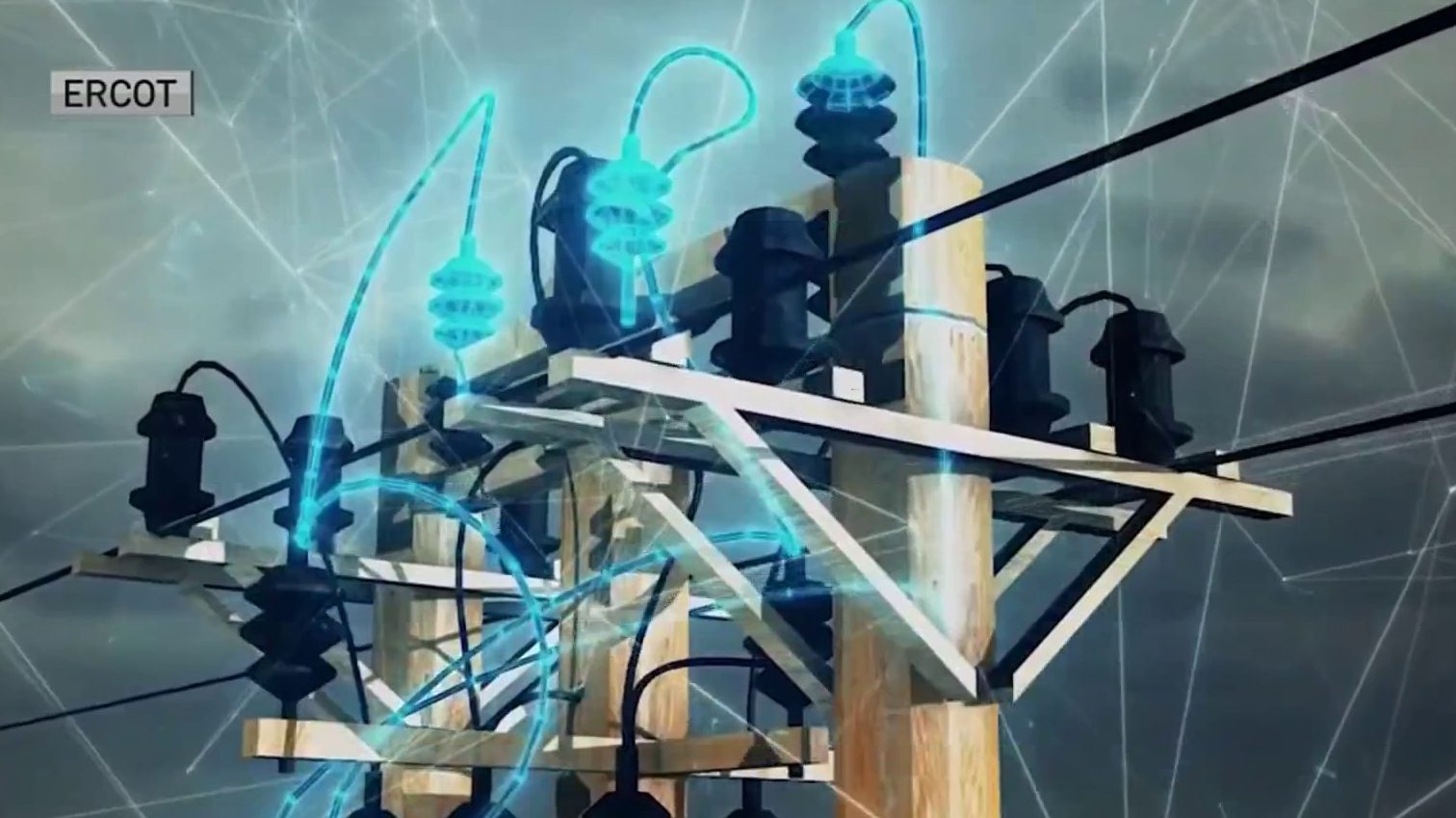ERCOT officials say they expect an overall warm winter in 2025, punctured by an extreme cold event-- and we're heading into it with a slightly higher grid reliability risk compared to last winter.
In a board meeting in Austin on Tuesday, ERCOT CEO Pablo Vegas outlined improvements to the grid.
He said perhaps the biggest improvement to the state's grid is weatherization, and the rules state legislators adopted after February 2021's winter storm that left millions without power and water, and killed over 200 people.
“We have since evolved that, had several winters of increasing inspections, and also increasing requirements," Vegas said, stating that they've conducted nearly 3,000 weatherization inspections since 2021.
Get top local stories in DFW delivered to you every morning. Sign up for NBC DFW's News Headlines newsletter.
Vegas presented a graph showing how those preventive measures have helped keep more energy providers online during each winter storm since.
“While the weather characteristics were different among those, these represent three of the top four most severe winter storm events that have been experienced in Texas, so it does give you a good perspective on the impact that weatherization can have," he said.
But Vegas said despite improvements to the grid since last winter, we're seeing "a slightly higher reliable risk probability" as we head into this winter.
"That is being driven largely by the increased load on the system that we’re seeing," he said.
Vegas said more energy and energy storage have been added to the system, but much of it is solar power, which he said doesn't offer much support during the winter peak hours of early mornings and evenings when the sun isn't strong.
He also said while storage capacity has gone up, batteries lose efficiency during winter events.
“While we’ve seen the storage capacity go up during the peak load hour, the contribution to about 57%, during an actual winter storm event, that capacity contribution drops to about 38%," Vegas explained. "And that’s largely because batteries have less of an ability to maintain a charge during an event due to higher loads, and because of flatter loads during a winter storm peak period.”
Vegas said January of this year saw slightly higher forced thermal energy outages, which they also expect for January 2025.
And it's likely that the slightly-less-reliable grid will be tested this winter.
Chris Coleman, ERCOT's supervisor of operational forecasting, said he expects a warm winter with an extreme cold event.
“The more I look at this winter, the more cold potential I see," Coleman said.
He said it's becoming a Texas trend: Warm winters punctured by extreme cold. That's been the case for five of the last eight winters-- in the 25 winters before that, it's only happened three times, he said.
The last one was last winter, January 2024, when a winter storm disrupted relatively warm temperatures, causing ERCOT to hit its current record peak load on Jan. 16.
Coleman said atmospheric patterns are also similar to those in 2021, before the February storm.
“This year has been very similar to that. Now, that doesn’t mean we’re going to have Uri, but that does, again, mean that we’re in a pattern that supports something like Uri," he said.
It all has him keeping an eye on the outlook over the next few weeks, expecting a winter storm to hit in January or February.
“This is like a tornado watch. Doesn’t mean a tornado is going to happen, it means the conditions are there," Coleman said.
Some lawmakers also had their eyes on the state's grid on Tuesday, with the joint legislative oversight committee on grid reliability's meeting.
Lawmakers heard from neighbors and representatives of power providers on suggestions to improve, like improving communication, and said they plan to take the ideas as they head into the new legislative session.




